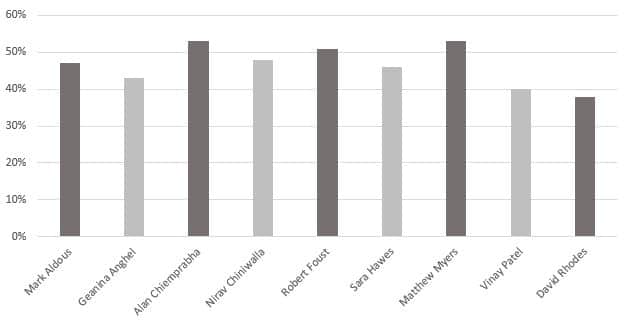daylatedollarshort
Give me a museum and I'll fill it. (Picasso) Give me a forum ...
- Joined
- Feb 19, 2013
- Messages
- 9,358
This isn't a screening test, but this diet swap study (traditional African vs. Western diet) shows the impact diet may have on one's risk for colon cancer within just 2 weeks of a diet change.
"Perhaps even more importantly, a change in diet from a westernized composition to a 'traditional African' high fiber low fat diet reduced these biomarkers of cancer risk within two weeks, indicating that it is likely never too late to change your diet to change your risk of colon cancer." - Diet swap has dramatic effects on colon cancer risk for Americans and Africans -- ScienceDaily
Swap Your Diet, Swap Your Cancer Risk - https://www.forbes.com/sites/aliceg...ur-diet-swap-your-cancer-risk-new-study-finds " The Americans ate the typical low-fat, high fiber diet of South Africa: Foods included hi-maize corn fritters, salmon croquettes, and spinach, red pepper and onions for breakfast; hi-maize corn dogs or veggie dogs, homemade tater tots, and mango slices for lunch; and okra, tomatoes, and hi-maize meal; corn muffins, black-eyed peas, pineapple and black tea for dinner. Meanwhile, people in South Africa ate an “American” high-fat, low-fiber diet: Foods included beef sausage links and pancakes for breakfast; hamburger and French fries for lunch; and meatloaf and rice for dinner."
ETA: More info and recipes for traditional African diets here - https://oldwayspt.org/traditional-diets/african-heritage-diet
"Perhaps even more importantly, a change in diet from a westernized composition to a 'traditional African' high fiber low fat diet reduced these biomarkers of cancer risk within two weeks, indicating that it is likely never too late to change your diet to change your risk of colon cancer." - Diet swap has dramatic effects on colon cancer risk for Americans and Africans -- ScienceDaily
Swap Your Diet, Swap Your Cancer Risk - https://www.forbes.com/sites/aliceg...ur-diet-swap-your-cancer-risk-new-study-finds " The Americans ate the typical low-fat, high fiber diet of South Africa: Foods included hi-maize corn fritters, salmon croquettes, and spinach, red pepper and onions for breakfast; hi-maize corn dogs or veggie dogs, homemade tater tots, and mango slices for lunch; and okra, tomatoes, and hi-maize meal; corn muffins, black-eyed peas, pineapple and black tea for dinner. Meanwhile, people in South Africa ate an “American” high-fat, low-fiber diet: Foods included beef sausage links and pancakes for breakfast; hamburger and French fries for lunch; and meatloaf and rice for dinner."
ETA: More info and recipes for traditional African diets here - https://oldwayspt.org/traditional-diets/african-heritage-diet
Last edited:

